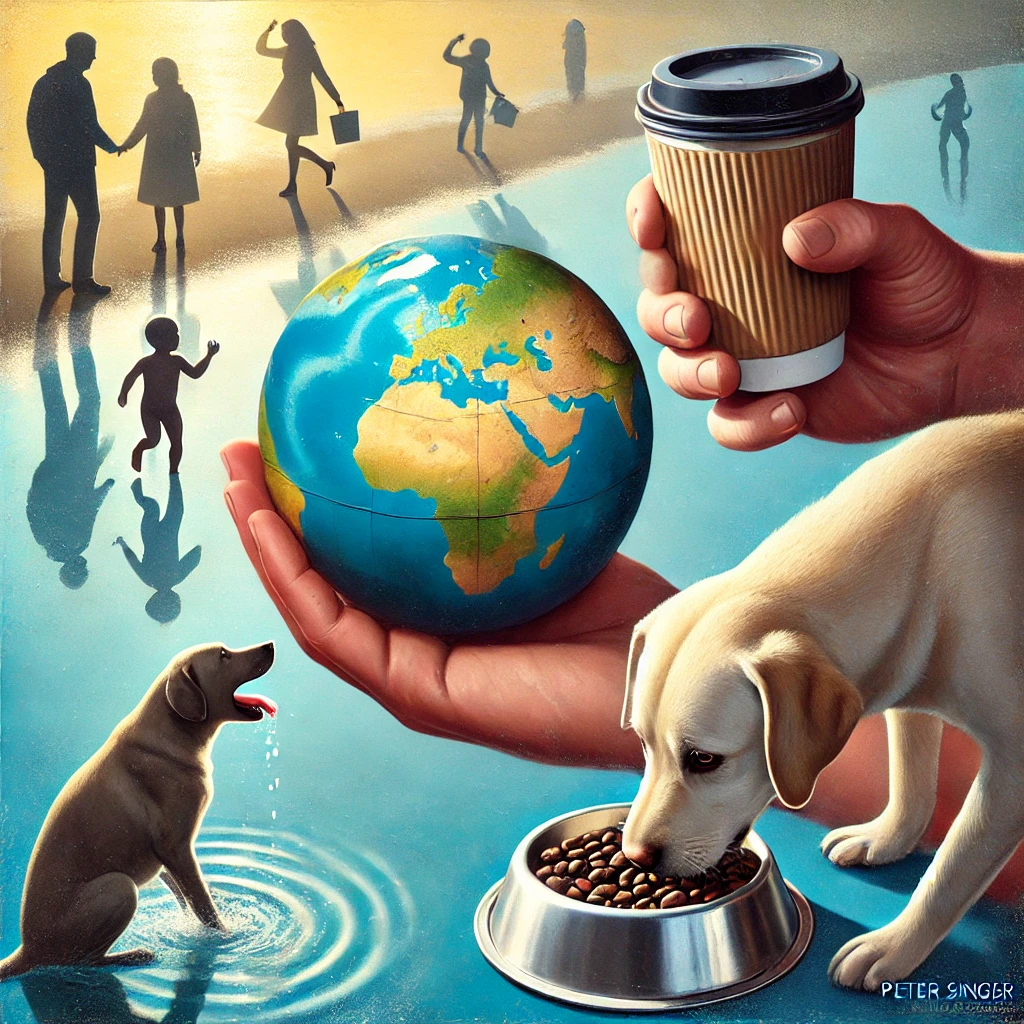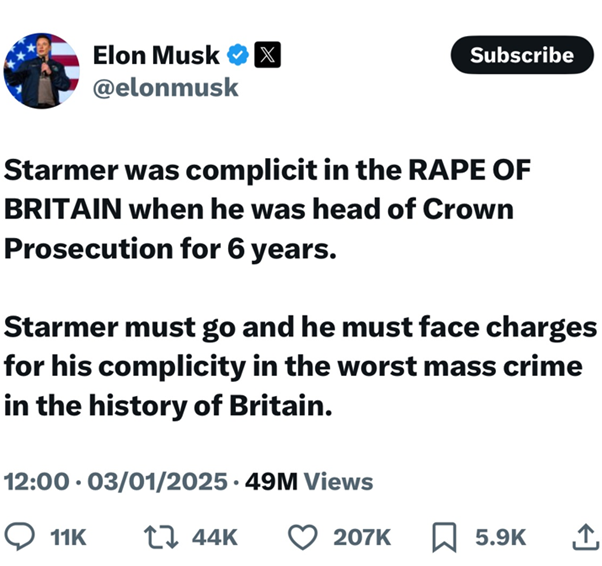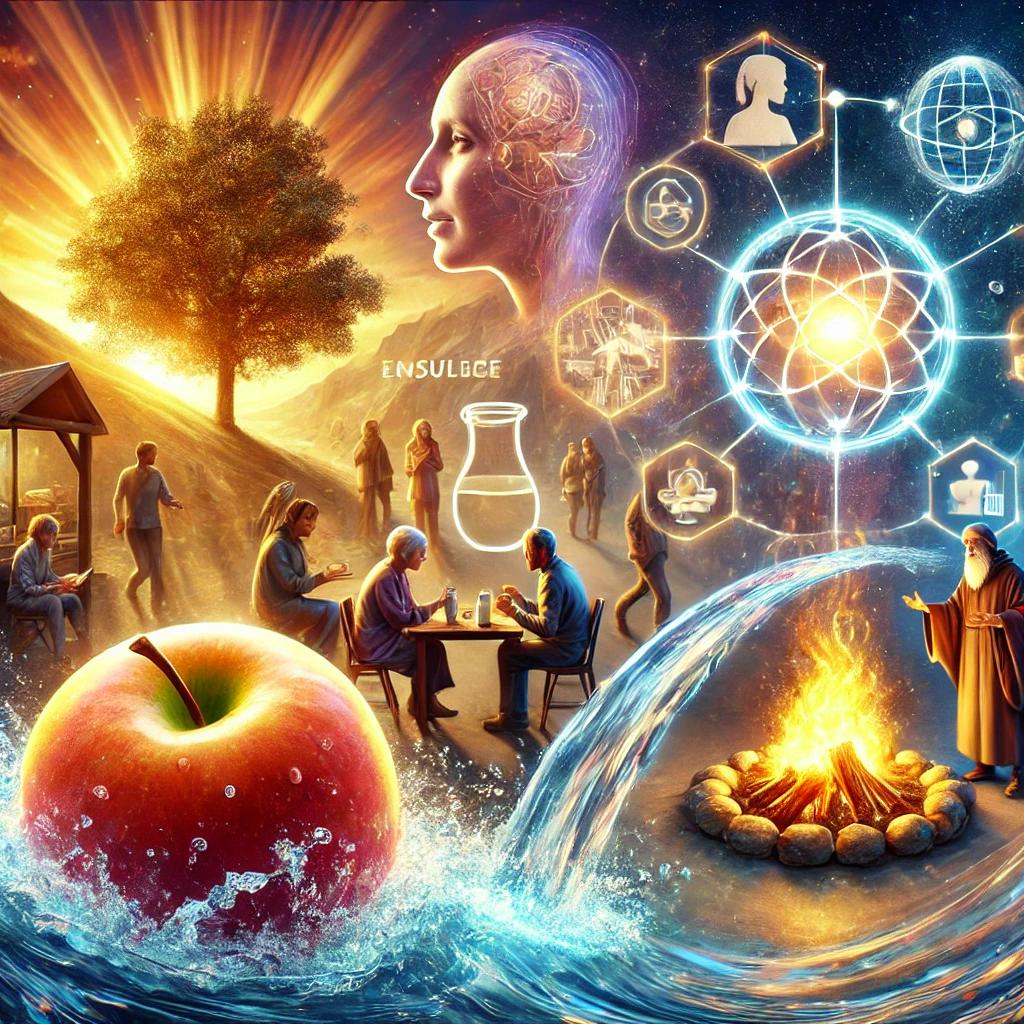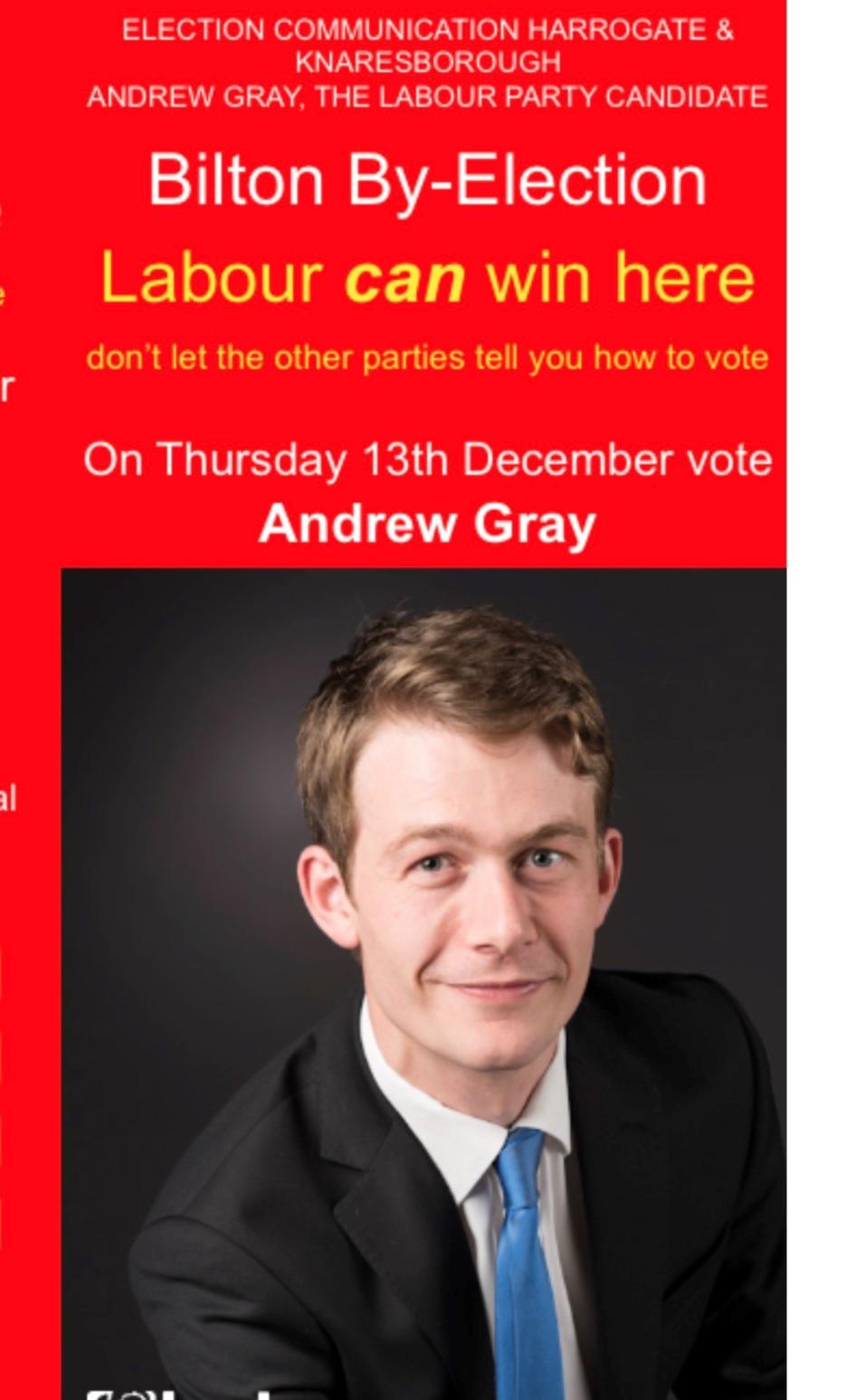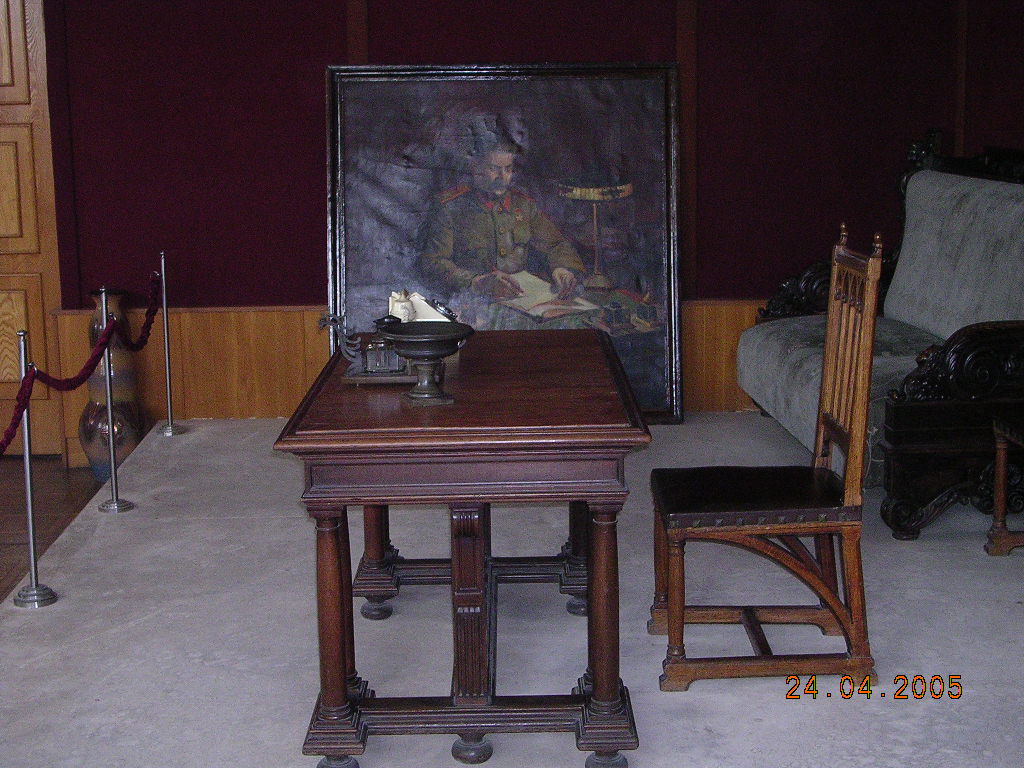Accompanying the scenes of the Kabul evacuation, Pink Floyd’s Us and Them plays on a continuous loop in my head.
“Us (us, us, us, us) and them (them, them, them, them)
And after all we’re only ordinary men.”
In recent weeks, this troubling issue – of ‘them’ and ‘us’ – has dominated my thoughts. Why do some people matter to us, but others do not? Imperilled people at Kabul airport who have had our help, are just as important as humans in, say, sub-Saharan Africa who have not, right? Former soldier and Tory MP, Patrick Mercer, wrote in The Yorkshire Post on 29 August 2021:
“If ever there was an unimpeachable reason for offering safety and sanctuary to our friends, this is it. We need to get those people out – all of them – and help them here in Britain just as they stood by our boys when the bullets were flying over there.”
Since the invasion of Afghanistan twenty years ago, I do not recall the British media suggesting that any Afghan was on our “side”. Deaths of Afghans – either in “collateral damage” or otherwise – didn’t seem to matter much. Only the deaths of our unfortunate soldiers ever made the news. Until now. Now, Afghans who worked on our side, or who benefitted from our presence, have quickly become ‘us’ in a matter of weeks.
Perhaps we now care for some Afghans because “our” people got to know some of them, fighting and dying together. Because those Afghans picked our tribe over “theirs”, they are now friends for life, as Mercer says. Our tribe owes their tribe, goes the logic. Difficult shared experiences develop strong bonds between people.
As I hope to treat all people equally, this rapid volte face in the media, though welcome, causes me concern. And if these Afghans can quickly change sides in our consciousness, are there any useful lessons for how we could shine a spotlight on other unfortunate people, equally deserving of our help? What methodology and logic should we use for determining who deserves our assistance?
Yuval Noah Harari’s magnum opus – Sapiens – which ought to be compulsory reading for all – traces the development of our species. Like many of his readers, I now understand myself better because I recognise my DNA code. Harari spends much time explaining the ‘them’ and ‘us’ phenomenon. He writes:
“Evolution has made homo sapiens, like other social mammals, a xenophobic creature. Sapiens instinctively divide humanity into two parts, ‘us’ and ‘them’. ‘Us’ is people like you and me, who share our language, religion and customs. We are all responsible for each other, but not responsible for ‘them’. We were always distinct from them, and owe them nothing. We don’t want to see any of them in our territory, and we don’t care an iota what happens in their territory. They are barely even human.”
A challenging read, because it is true for many people.
In 2016, at the suggestion of a Quaker friend, I travelled with him to the Calais refugee camp – The Jungle – together with some members of a Pentecostal church in Leeds. Our mission was to distribute food and other assorted items.
At that time, in the British gutter press, The Jungle had become notorious. If France was so civilised, why not stay there? – went the narrative. The gutter press’s answer: only because Britain was a soft-touch, ready to help others rather than “our own”. Charity begins at home, they intoned.
In The Jungle lived Afghans, Syrians and many other nationalities – mainly young men – who wanted a better life, escaping war and poverty. If, through fate, I had been in their position, I imagine I would have done likewise.
Here are some photos of that trip.







You might expect that such an experience would leave a lasting impression, but it did not. Rarely do I think about The Jungle, however, frequently I think about the people whom we travelled with: they became part of my tribe. Perhaps this is because I did not (frankly, because of fear), spend any meaningful time with any of the inhabitants of The Jungle: it was intense, overwhelming experience – one that I do not wish to have again. I cannot tell you any of their names of the people we helped. In my head, they didn’t enter my tribe.
Harari’s work helps humans to understand our still-primitive minds. If we are all encoded to really only care about ‘us’, if we want to break-free from such thinking, answers can be found in religion and ideology (taken as one) and philosophy.
Although religion unquestionably sows division, it is also a great unifer, by increasing the size of the ‘us’ pool, extending the size of our tribe. Don’t just care about Christians in your town in affluent Harrogate – goes the logic – care about the plight of Christians in Kurdistan, too. Furthermore, if an omnisicient creator gave all things life, assuming that humans are at the zenith of the importance hierarchy (which is quite an assumption), then religions are a helpful antidote to humans only caring about the people whom they know. For example, the Christians from Leeds, who led The Jungle odyssey, were inspired by their faith to help those in need. And for these Leeds Christians, upliftingly they did not care for the religion for those whom they helped.
Similarly, communism encouraged the working classes to care about the class struggle throughout the world, extending the working class tribe. Communism and the reaction to it certainly caused much bloodshed, but it also spawned human connection.
In philosophy, I draw great strength from Peter Singer – the inspiration behind the animal rights movement. Together with my instinctual predilection for utilitarianism, Singer’s Drowning Child Experiment has shaped how I see the world. His thought experiment goes as follows:
Imagine that you are walking through an empty village – empty except for a young child. That child is about to drown in the village pond. You are the only person who can save it. If you wade into the water, through the mud, to make a rescue, then you will permanently ruin your best clothes. The financial cost would be modest. Morally, should you wade in?
To which everyone answers – of course! Singer asks why it is, then, that most people in rich countries would not spend only a small sum of money to save the life of a child – or perhaps a few children – in a developing country, a country that we will in all likelihood never visit. Why does it matter that we cannot see, in the flesh, the child drowning in another land? Singer challenges us to ignore distance, to apply logic – a life is a life wherever it is – and to make that donation.
Inspired by Singer’s reasoning, the organisation – The Life That You Can Save – ranks charities who make the greatest contribution to saving lives. I encourage all readers to subscribe to their newsletter.
Drawing lessons from Harari, religion and philosophy, how should we, in rich countries, act? My personal recipe is to get to know one developing country – in my personal case, Myanmar – and give a fair proportion of your wealth (including your time) to achieving the maximum return. We cannot know all people, or we would exhaust ourselves. Alternatively, we could let the Life That You Can Save direct our giving, but you will never get the warm feeling of knowing the people your money helps, perhaps leading us to give to the local donkey sanctuary instead when we get bored.
Perhaps more intelligently and compassionately still, our money and time ought to be focussed on environmental matters: allowing us to be both local as well as global, acting in the knowledge that the people who will be hit worst by environmental collapse are always the most needy. This requires long-term thinking, something which does not come naturally to most of us.





